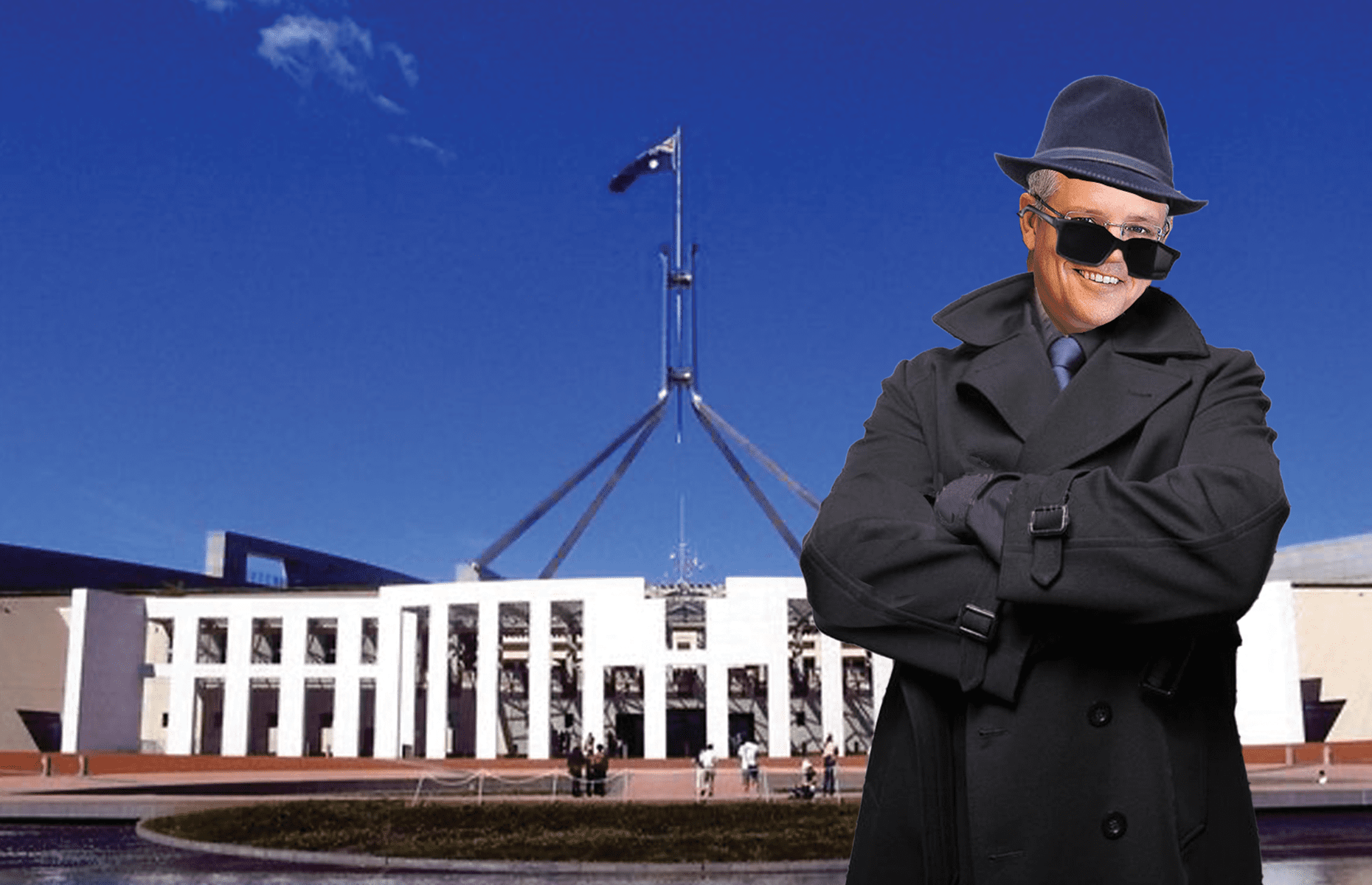The past few years have seen a government plagued with scandals, from rorts to suspicious appointments, to endless questions of integrity. Now, the highest level of our government has delivered us a new drama. Scott Morrison, the former Prime Minister of Australia, secretly swore himself in as Minister in five portfolios, in a move that has been widely condemned. During the height of the COVID crisis when citizens were facing job losses, lockdowns, and the fear of disease, the former PM decided to give himself another job (or several).
On 14 March 2020, he appointed himself as a secondary Health Minister, which Greg Hunt (then-serving Health Minister) was informed of. Given the extreme circumstances of a global pandemic which had significant impacts on a local and national scale, some argue Morrison can be excused for this. As a result of the Biosecurity Act 2015, which was enacted when we declared a national health emergency, the Health Minister is granted special emergency powers. Morrison argued that should the Health Minister fall ill or require assistance, his appointment would provide a ‘safeguard’ of stability and ‘continuity’ of leadership. Given that this is literally the job of the Assistant Health Minister, it’s hard to understand why ScoMo failed to trust in his own appointees.
Following his secret appointment, Morrison continued to expand his powers by becoming the Finance Minister alongside Mathias Cormann, on 30 March 2020. As both state and federal governments were spending massive amounts of money in emergency response and job support, the extended support for the Finance portfolio is understandable. However, the secret appointment of Mr Morrison was kept not only from the Australian public, but from the Finance Minister himself.
The continued expansion of his powers is highly suspect. Whilst one may be able to defend his choices in the face of ‘extraordinary times’, his refusal to inform his own ministers is extremely ‘sinister’, as stated by former PM Malcolm Turnbull. The failure to include his highest-ranking cabinet ministers in these substantial decisions suggests not only an immoral and questionably legal aspect to the whole affair, but a distinct lack of trust in his closest ranks.
In April 2021, he assigned himself to Industry, Science and Resources, again failing to inform any individuals within his government. And again in March, he appointed himself to the portfolios of Treasury and Home Affairs.
Many have questioned the legality of these actions given the extreme secrecy involved. Whilst there has historically been a convention of making appointments public (often on live TV or via a press release), it is not a legal requirement of the constitution. By taking advantage of this loophole, Morrison has violated the trust and transparency that is central to our democracy. As he was elected our leader – it is his duty and obligation to be both transparent and honest in the decisions that govern our lives, particularly on such a large and unprecedented scale as this. Purposefully keeping such significant decisions hidden from his cabinet demonstrates not only his lack of character but also his lack of faith. By directly undermining those ministers that he worked with, and specifically chose for those roles, the public is left to wonder: why didn’t he trust them?
Moreover, this lack of trust, both within the government and from the public, is an increasing problem within politics. Whilst politicians have historically been untrustworthy, a continued lack of accountability has eroded faith in our political system and major parties, with some of Morrison’s own colleagues calling for him to step down. Once the story broke, Morrison was questioned on these actions, repeatedly asserting that these measures were simply ‘precautionary’ and came as a result of the ‘highly dynamic environment’.
This represents yet another failure to take accountability for his actions. Speaking on 2GB on Tuesday, Morrison acknowledged ‘to his recollection’ that he was sworn in to several ministries, but it ‘was his [my] understanding’ that there were no more. The blatant denial of his actions, despite evidence which emerged almost immediately after, further demonstrates the underhanded nature of this whole affair.
Questionably, while claiming the appointments were merely an emergency measure, Morrison utilised these powers to override a decision regarding a gas exploration licence, despite establishing them to ensure that decisions were not made “unilaterally by a Minister with authority to administer that Department”.
Scott Morrison’s direct undermining of democratic processes, and his weak attempt to be accountable, reinforces his lack of leadership and transparency. The blatant hypocrisy and power-seeking behaviours exhibited by Morrison throughout his term as Prime Minister are abhorrent, and it is shocking that this behaviour is excusable within our existing political system.





